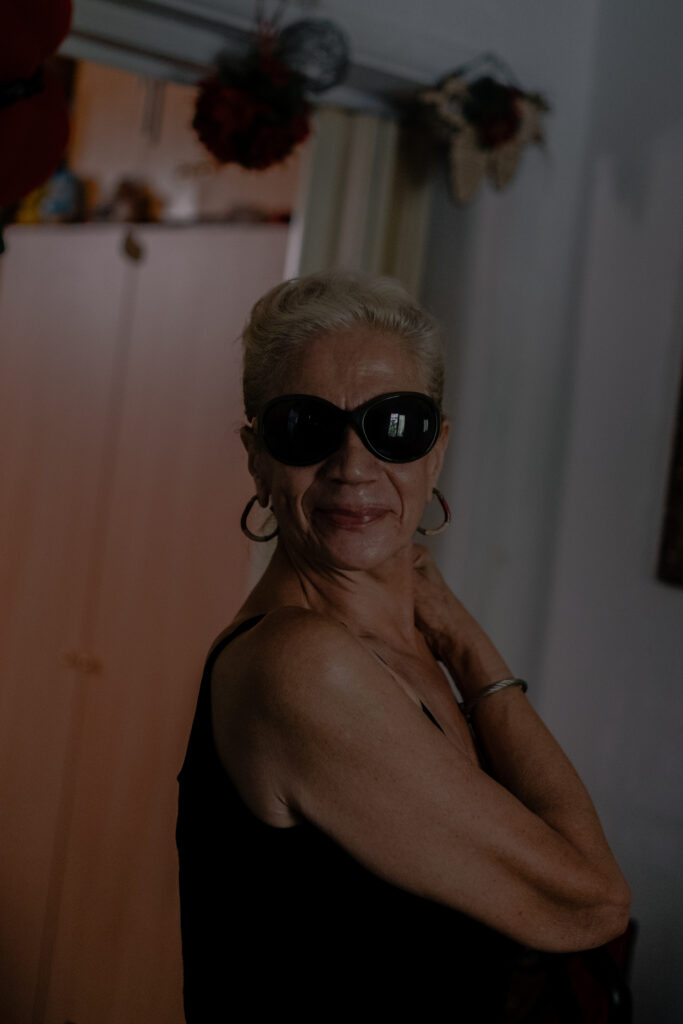4 years after August 4th //
August 4, 2020, 6:07 p.m.: a stock of ammonium nitrate stored illegally and without safety precautions in the port of Beirut caused an explosion that devastated half the Lebanese capital and traumatized its population.
The accident, which killed some 235 people and injured 6,500, occurred less than a year after the start of the worst economic crisis in the history of the country, which had suffered 15 years of civil war between 1975 and 1990.
Four years later, no investigation has been able to identify the culprits behind this deadly event. The social and economic situation has only deteriorated, with no viable solution offered to citizens since the freezing of their savings in October 2019.
Everyday life is now a matter of muddling through, as yesterday’s precariousness has fallen into misery and poverty has taken hold of the middle classes.
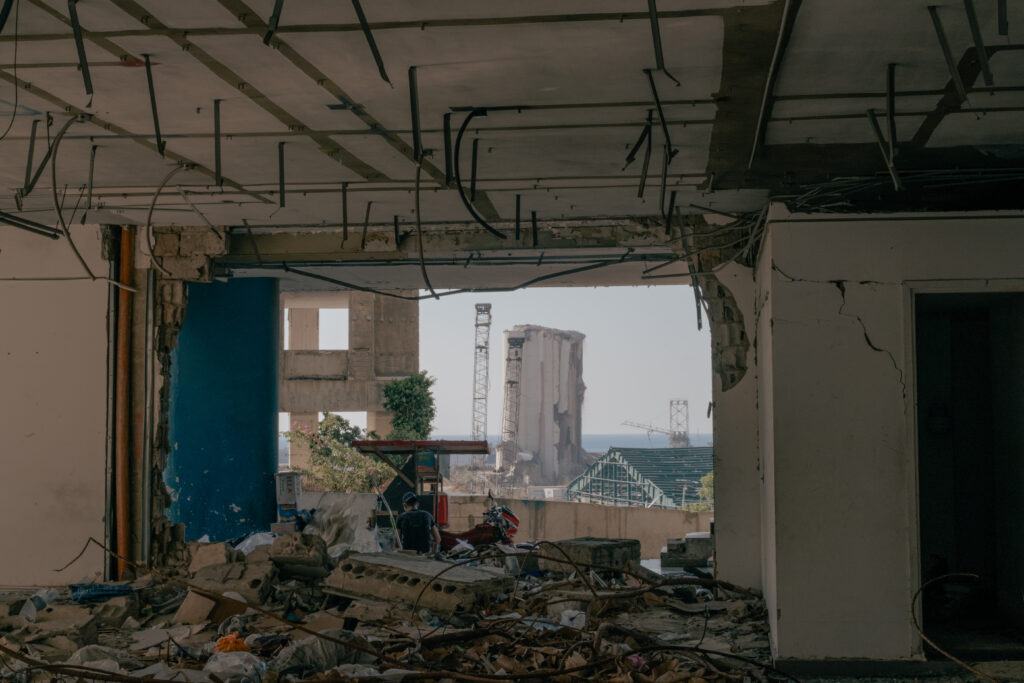
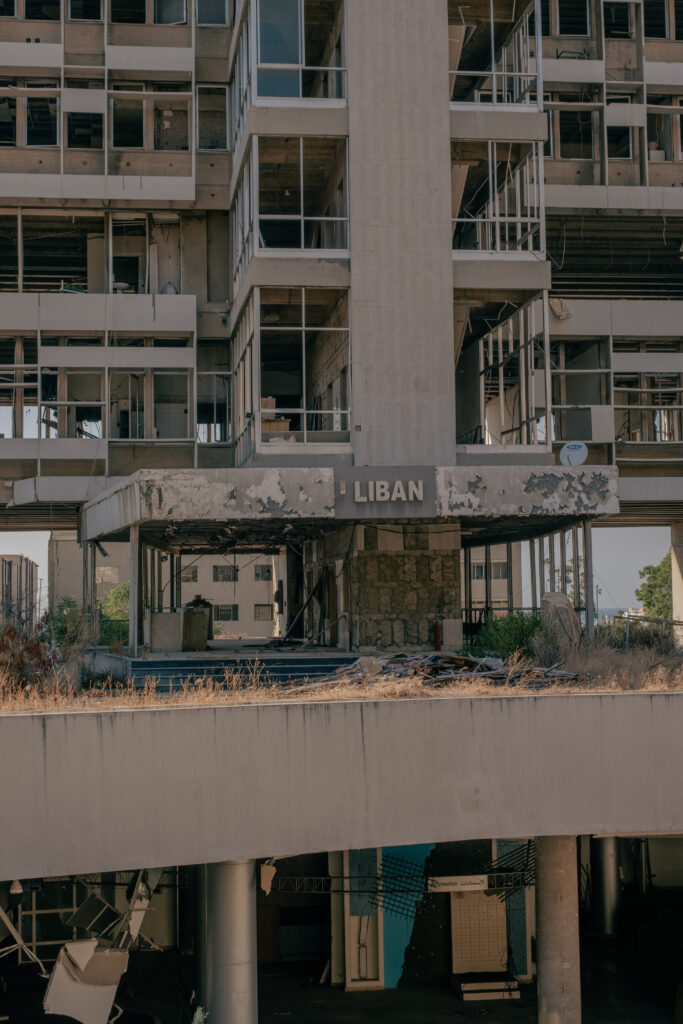
The Électricité du Liban building on July 2024, opposite the port of Beirut, has never been rehabilitated. 4 years after the explosion in the port of Beirut on August 4, 2020, the Lebanese government is providing between 0 and 2 hours of electricity a day to its population.
Following the explosion, 70-year-old François Chahwan’s traditional home in the heart of the Geitawi district was condemned; the foundations had been severely damaged.
Although a property developer had made him a tempting offer in the wake of the disaster, several international NGOs joined forces to renovate the family home and save the retirement project of a lifetime.
The work, which lasted two years, was never completed, however. As for François Chahwan, he can’t afford to continue, not least because no his pension, like his wife’s, is being held up in his bank. For nearly five years now, he has been receiving it in dribs and drabs, at a rate below that which has been unofficially imposed on the market for several months. “My wife’s pension was worth a total of $40,000, now it’s only worth $4,000 and we can’t even touch it.” While the main house is habitable, all the adjacent apartments, because of the construction site left in the middle of the road, are unusable.
That doesn’t stop this retired man from dreaming of turning this place into a cultural center to bring life to his neighborhood, and bring something back to this city that has been battered many times over. But with the war in the south of the country pitting Hezbollah against Israel, all his plans are on hold: “In Lebanon, you never know what might happen.”
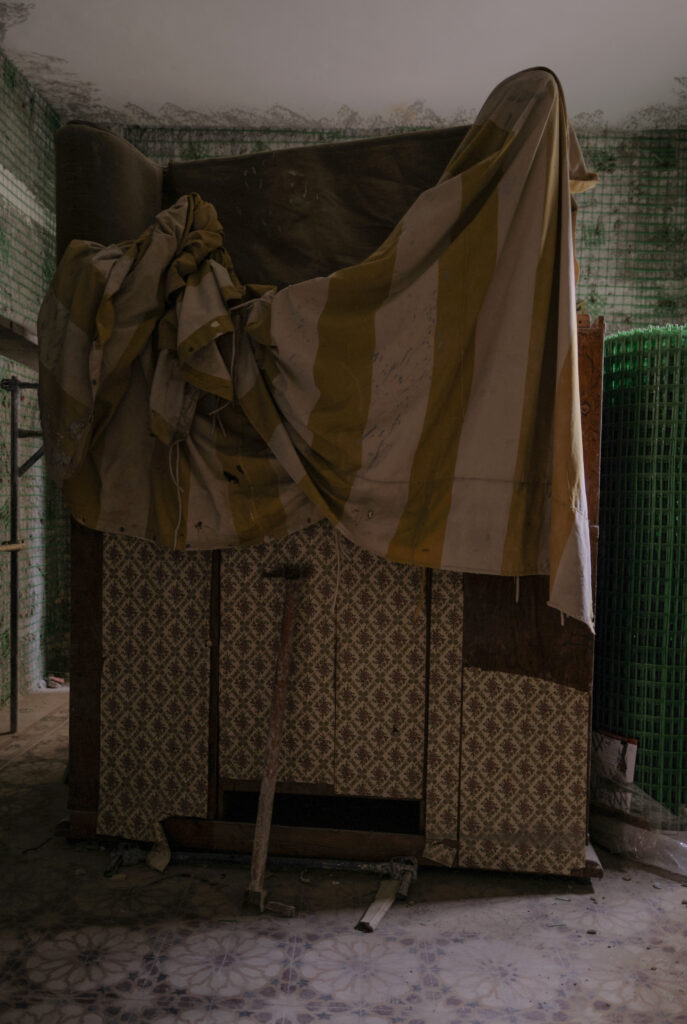
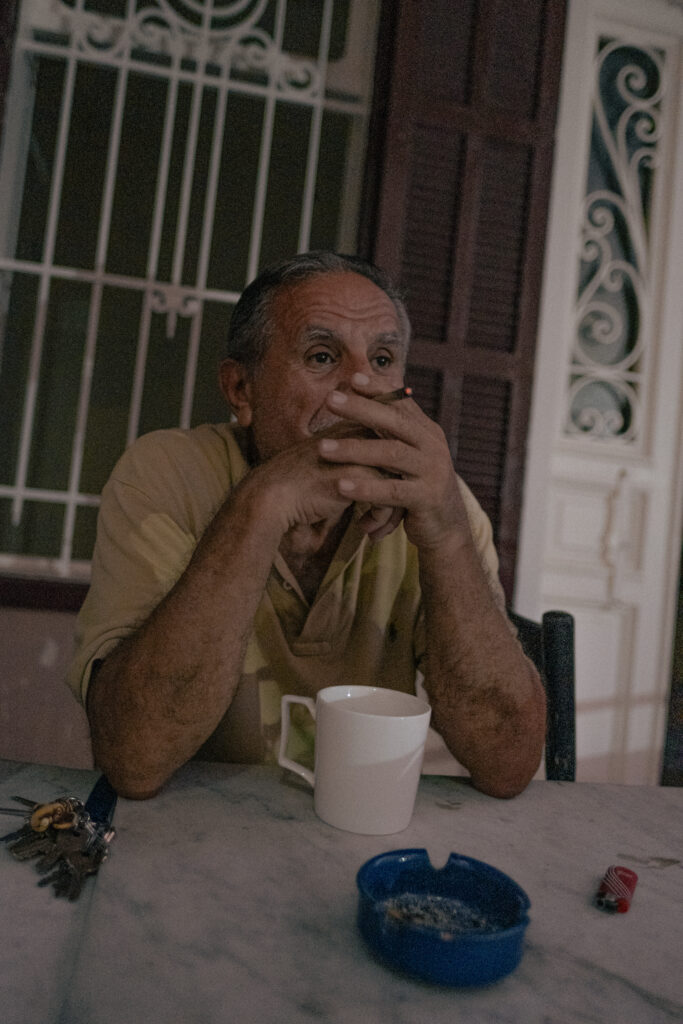
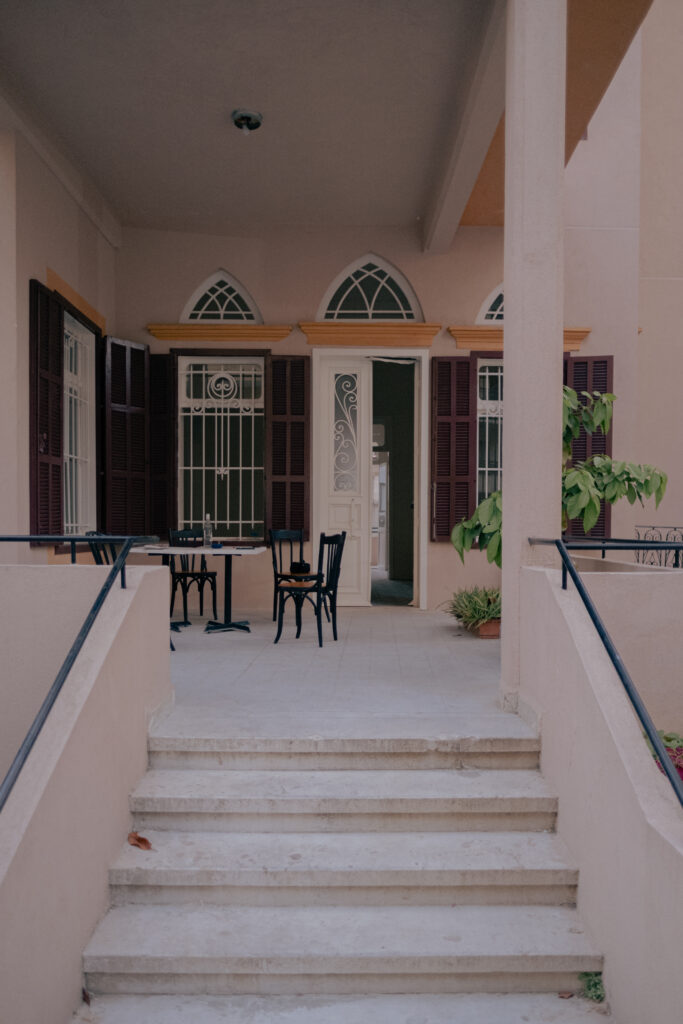
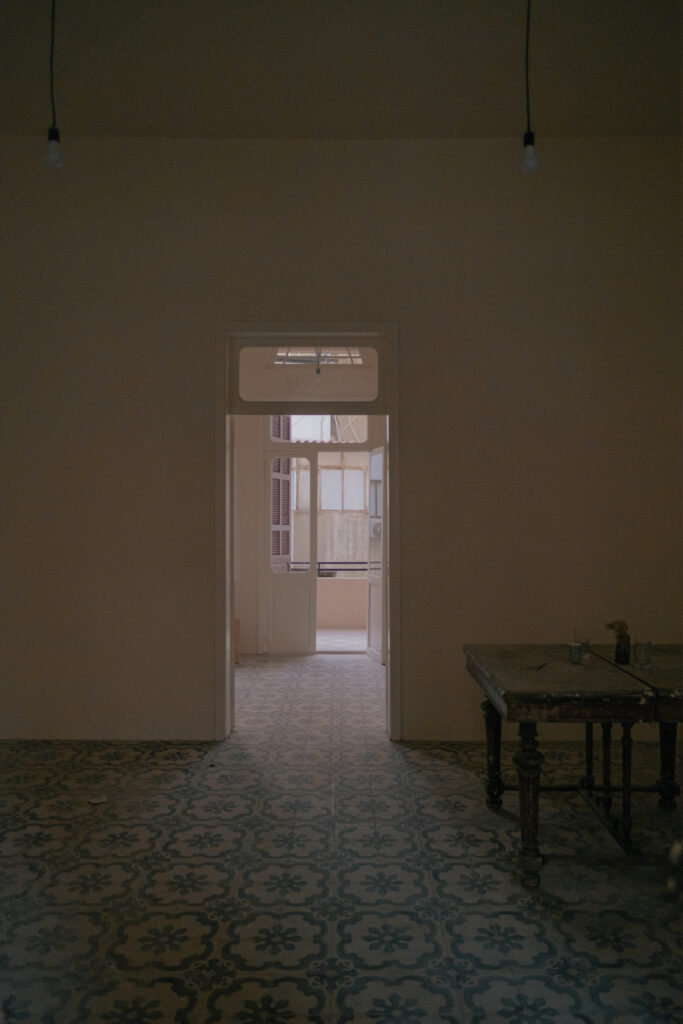
The memory of August 4, 2020 is still painful for the Akar family. Hoda Akar recounts how her face was badly damaged, “a hole in her cheek”, as she went to the pharmacy to get some medicine. “Doors and windows fell out, the street was full of broken glass, and our neighbor arrived at our house bloodied from head to toe,” she recalls.
Since then, “it’s been a misery”. Before the crisis, Abi Akar, her husband, earned the equivalent of $1,200 from his work as a clothmaker. “It’s not every day that we have fruit and vegetables at home. Thank you Jesus, we’re alive, but at what price?” continues Hoda Akar. At the supermarket, this mother of two now grown-up daughters is careful to take the cheapest option. “Right now, in the evenings, we’re without power and we’re very hot. Even the generator hasn’t been supplying electricity for several days now.”
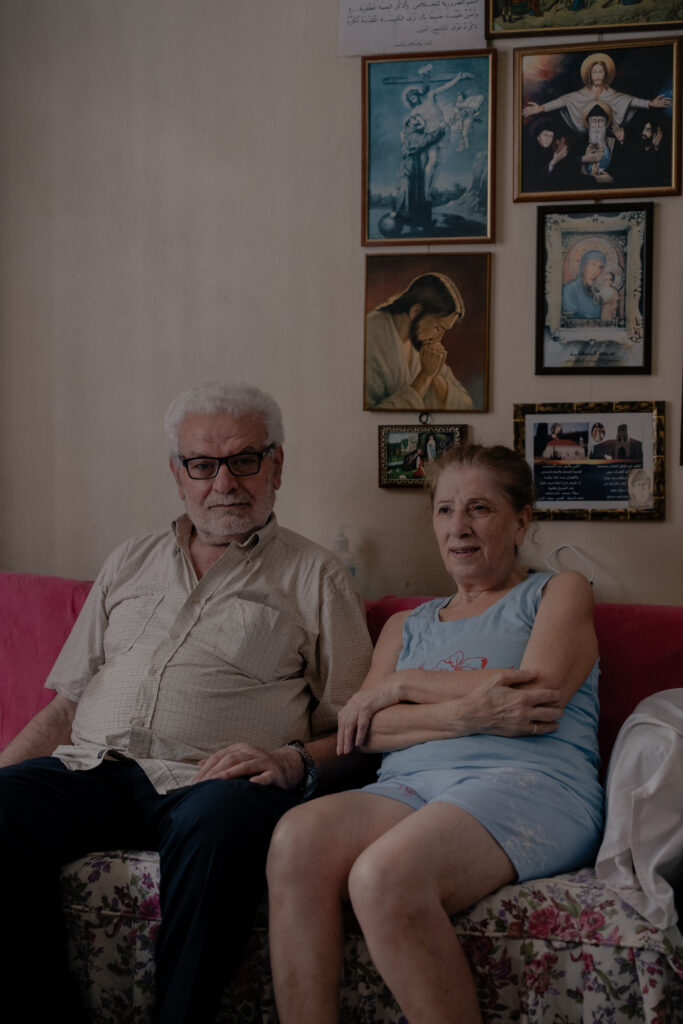

“At my age, I shouldn’t still be here, working from morning till night, every day of the week.” Elias Jreich, 83, confides that the Beirut harbor explosion turned his life upside down. While his shoe repair store enabled him to make a decent living before the explosion, the event marked the beginning of a veritable descent into hell for the man whose small place is a veritable institution in the neighborhood.
Only the subdued light coming through the windows of his tiny workshop allows him to see anything as he works on repairing the shoes. “I’ve never lacked for anything in my life, today it’s very difficult to eat properly and pay the water or electricity bills. Sometimes I just can’t pay.”
After a life bent on taking care of other people’s shoes, Elias Jreich is in need of prosthetic discs. “I don’t even think about it, how am I going to find the money for the operation?”
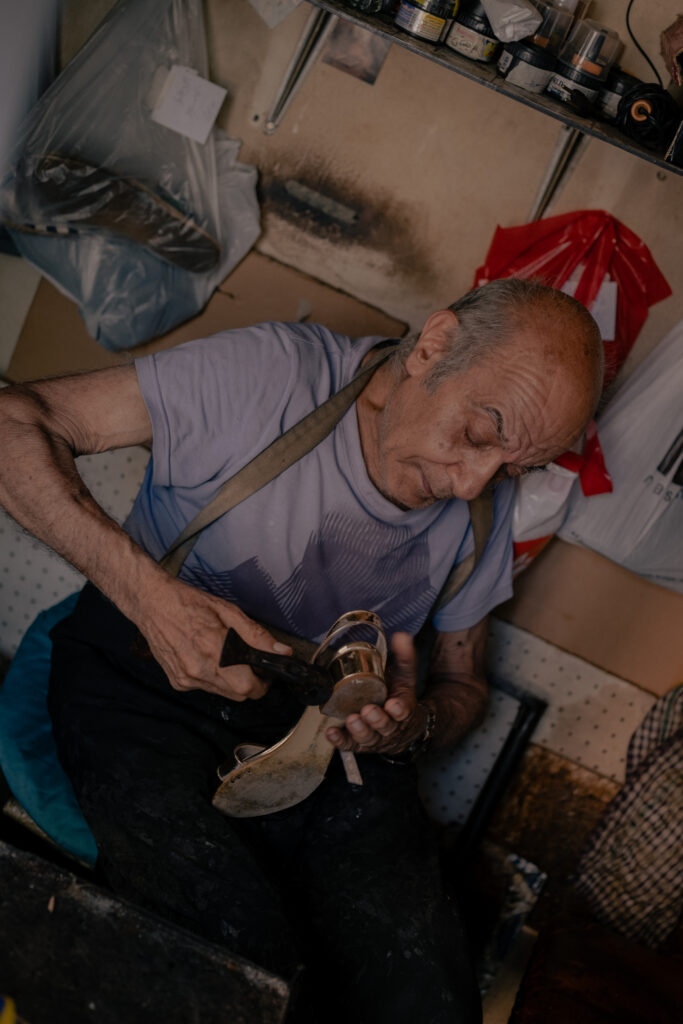
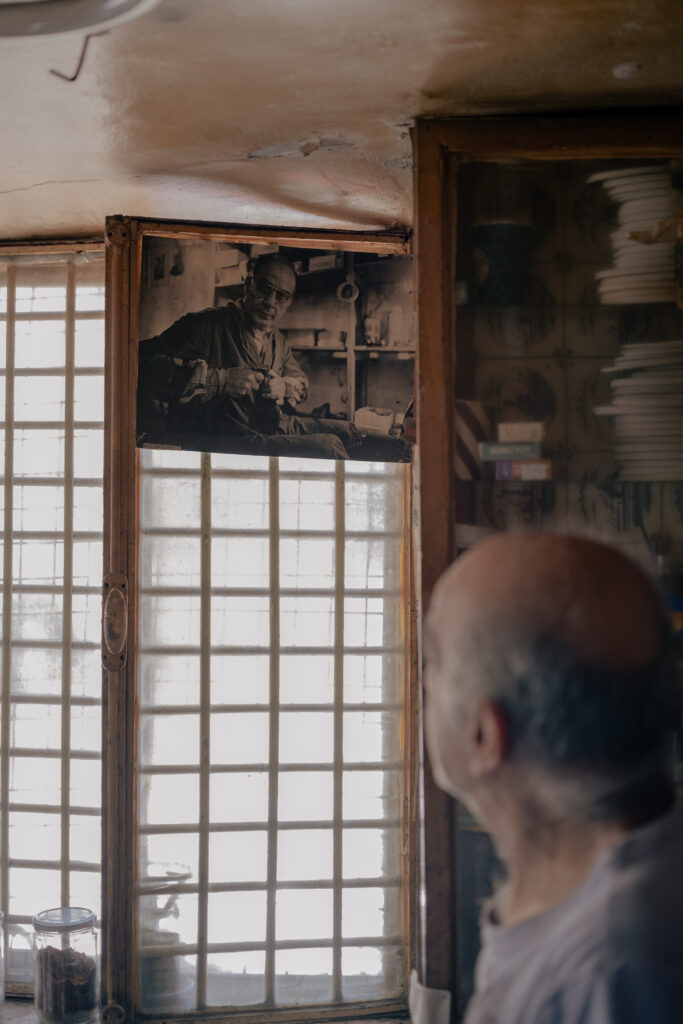
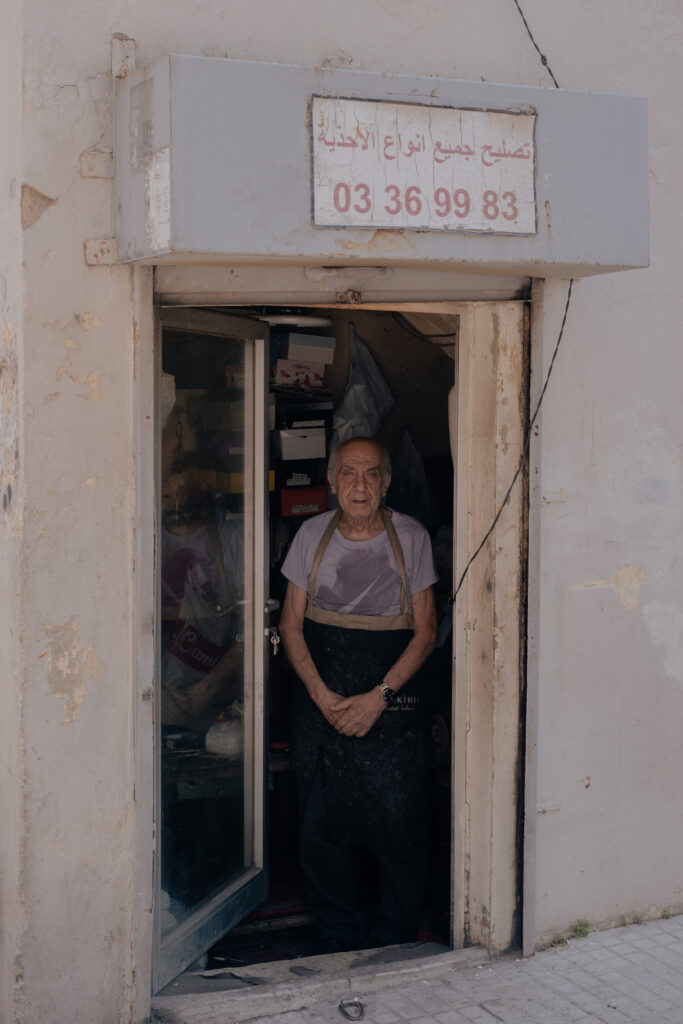
After her weekly Zumba class, taught by a local association to local residents, Georgette Barakat, 65, returns to her small house in Geitawi. On her arm, a Dior cardboard bag as a handbag.
On August 4, 2020, her home had been ransacked by the explosion: “Everything, absolutely everything was broken. The wardrobes had fallen to the floor.” While European NGOs helped to put everything back together, Georgette Barakat has never had a sign from the Lebanese state since the event. “They’re thieves, they’re evil, they’re selfish,” she insists.
As for religion, Georgette retorts that all she has left in her heart is Jesus. “The Church and even the Vatican are liars, in the same way.”
It’s a heavy summer in Beirut. Georgette has been without electricity for five days, and unlike her neighbors, she doesn’t have a generator to take over from the incessant public power cuts. Too expensive for this woman who has been unemployed for seven years after a career as an executive secretary in several major Lebanese companies and even in ministerial cabinets. Retirement? She hasn’t been hoping for it for a long time. Her pension, valued in Lebanese pounds, is worth nothing.
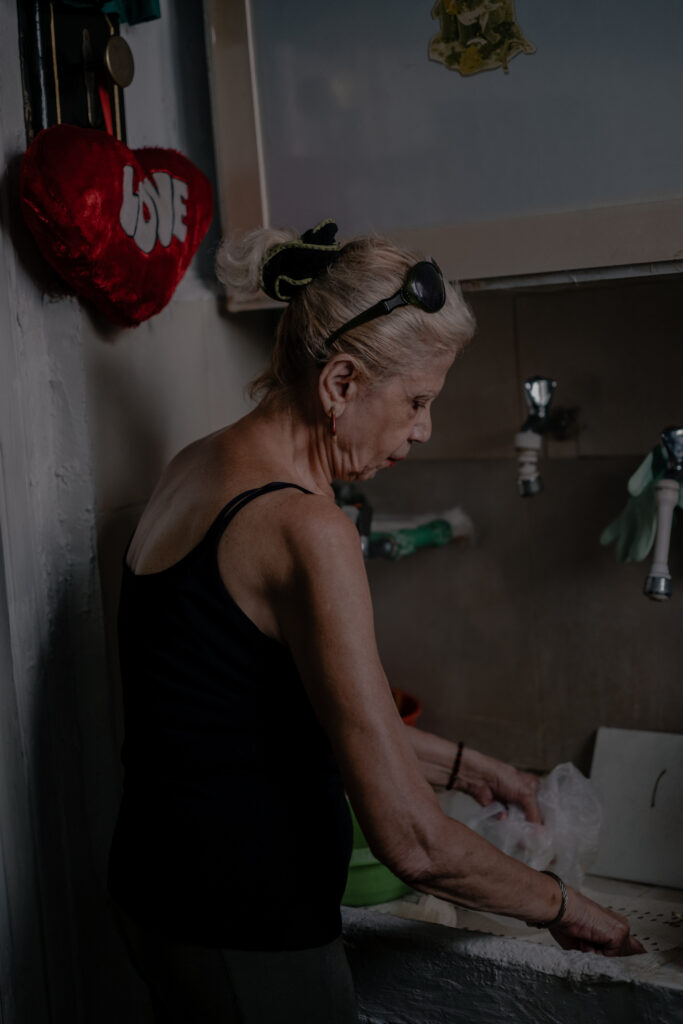
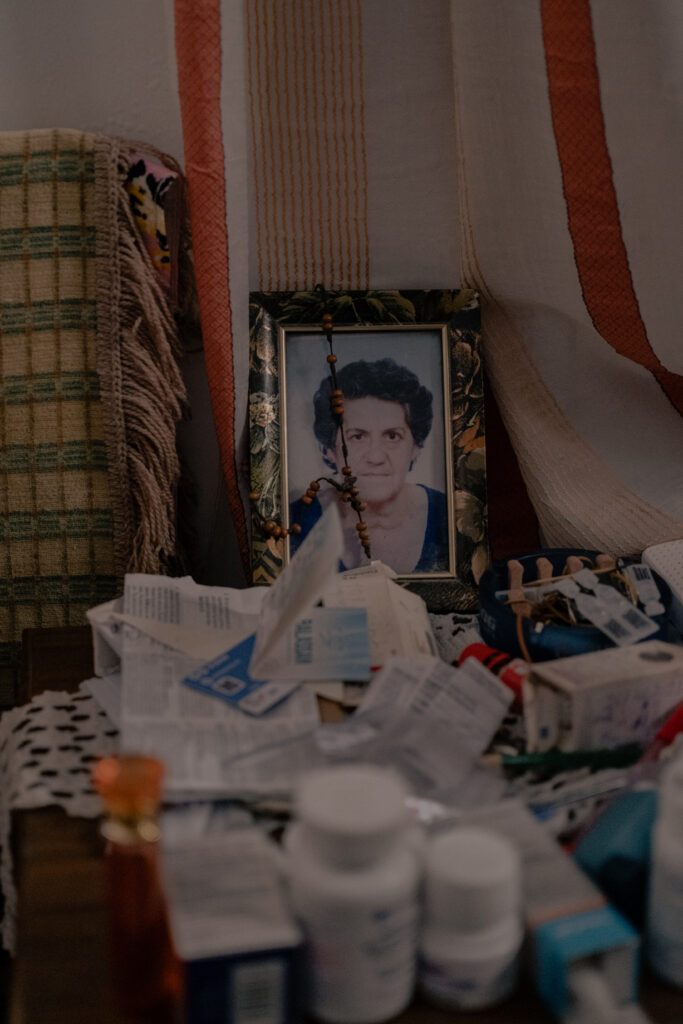
In a moment of distraction, Georgette allows herself to recall a time when nothing was lacking, when she spent lavishly “especially on clothes”, her weak point.
Now, her cupboards are full to bursting with reminiscences of the past, and Georgette struggles to feed herself. Three times a week, this Beirut native visits a solidarity canteen set up by a local initiative. A friend also invites her to lunch from time to time. She then brings her plastic boxes with her, taking another portion with her to share over several meals.
Georgette has asthma, thyroid and eye problems. While she manages to glean medication from a local association every month, she’s apprehensive about one day having something more serious. “We’re left to die like rats, each in our own corner.”
